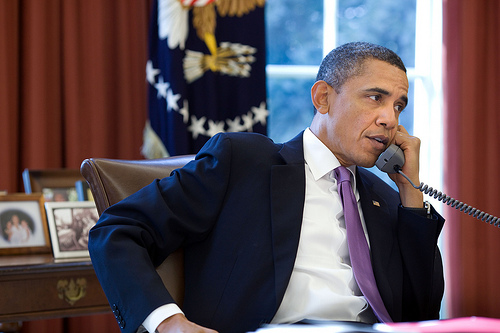During a government shutdown, federal law enforcement agents continue to work, but what about the people tasked with protecting the environment? Yeah, they all go home. Here's how things will go down if our leaders can't come to an agreement over the nation's uteruses:
1. No more environmental protection
Non-essential EPA employees will be furloughed. This includes the ones who clean up Superfund sites.
2. No more climate research
NASA, NOAA, NSF — all those scientific bodies that are studying that thing that Republicans think isn't happening anyway? They will shut down. Grants will go un-examined, contractors will be forced into other jobs, and small-time firms that sell their services and wares to these bodies could go out of business.
3. National Parks will shut down and protection of natural areas will lapse
The first Clinton-era shutdown led to closure of 368 national parks, plus all those museums and monuments.
Rangers on furlough won't be able to stop national parks and other wildlands from being overrun by poachers and litterers.
4. Renewable energy will suffer
"For the American people, a shutdown of the Department of the Interior's services would disrupt everything from family vacations and small businesses that rely on tourism to renewable energy projects,” Interior Secretary Ken Salazar said in a memo.
5. Hazardous sites will go un-inspected
Mines, oil and gas production facilities, dams, aqueducts, nuclear power plants: They'll all be left to their own devices.
6. Parking lots could fill with tons of exotic animal poop
Last time there was a government shutdown, Parking lot E at the National Zoo "had piles of chunky elephant, rhino, hippo and giraffe manure," according to the Washington Post. This time around, say zookeepers, they've planned in advance for a shutdown.
7. It will hurt the economy
The last shutdown shaved a full percentage point off the nation's productivity. Combine that with the nation's fragile economic state, and the shutdown has the potential to tip things in a bad direction. Concern for the environment always trades off with concerns about the economy.




